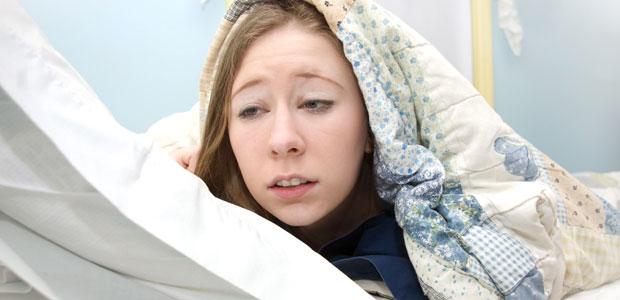Advertisement
Do You Suffer From Social Jetlag?
We’ve all heard of jetlag—that disruption of our internal biological clock caused by changing time zones rapidly while travelling. But researchers have coined a new term—social jetlag—to describe the inconsistency between the body’s internal biological clock and the reality of our daily schedules. A team of researchers at the University of Munich have been compiling … Continued

We’ve all heard of jetlag—that disruption of our internal biological clock caused by changing time zones rapidly while travelling. But researchers have coined a new term—social jetlag—to describe the inconsistency between the body’s internal biological clock and the reality of our daily schedules.
A team of researchers at the University of Munich have been compiling data for the past 10 years on human sleeping and waking behaviour, including individuals’ weight and height. Their ultimate goal is to create a world sleep map.
Modern syndrome
“We have identified a syndrome in modern society that has not been recognized until recently,” said Till Roenneberg of the University of Munich. “It concerns an increasing discrepancy between the daily timing of the physiological clock and the social clock. As a result of this social jetlag, people are chronically sleep deprived.”
A contributor to obesity
Researchers have found that people who are chronically sleep deprived are more likely to smoke and consume more caffeine and alcohol. And those with the most severe social jetlag are also more likely to be obese.
Our biological clock depends on cues such as daylight and darkness to signal to our bodies the appropriate times for waking and sleeping. Many people aren’t paying attention to this innate inner regulatory system, leading to an ever widening discrepancy between what our biological clock is telling us and what we’re actually doing.
What can you do?
If you’re depriving yourself of much needed sleep, researchers recommend spending more time outdoors in daylight or sitting by a window. When we don’t get enough natural daylight, our biological clocks get set later and later, leading to people staying awake later at night and being more tired during the day.
A good night’s sleep leads to increased energy, better work performance, more fun downtime, and better overall health.





